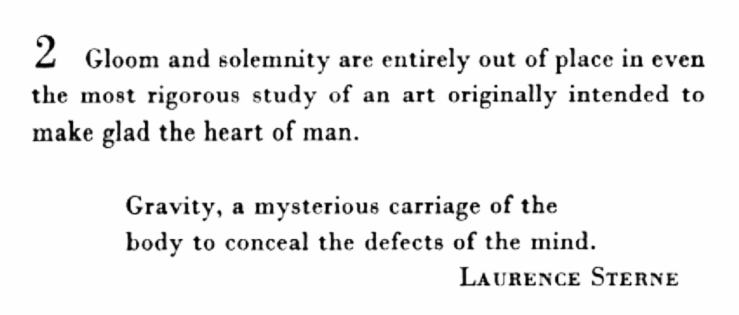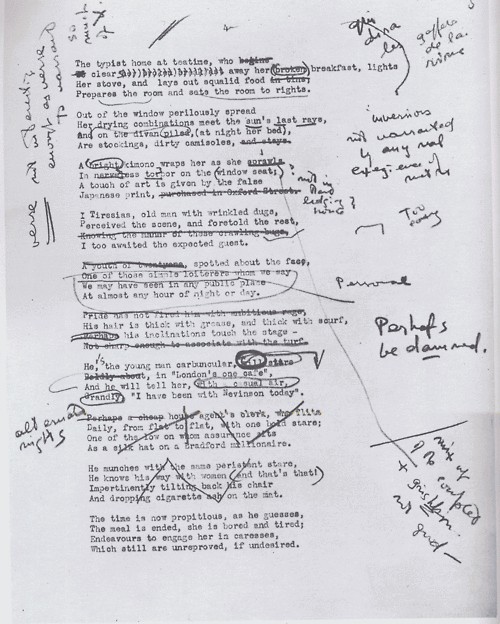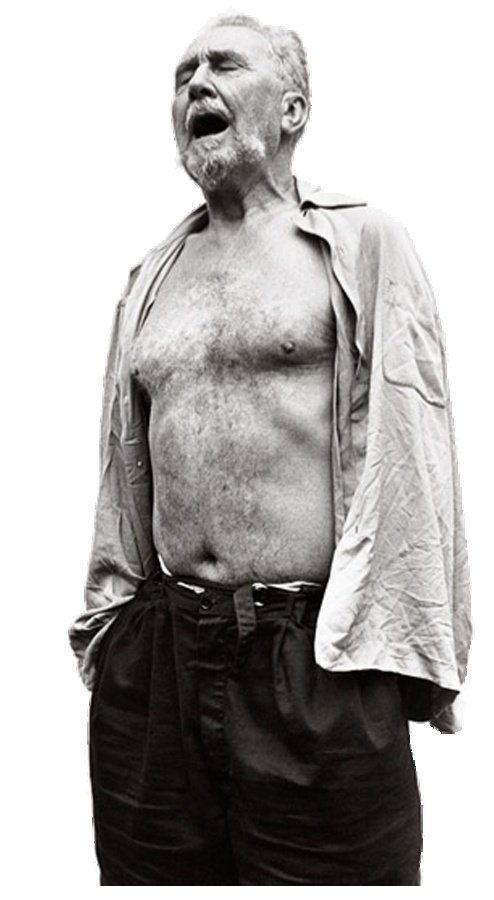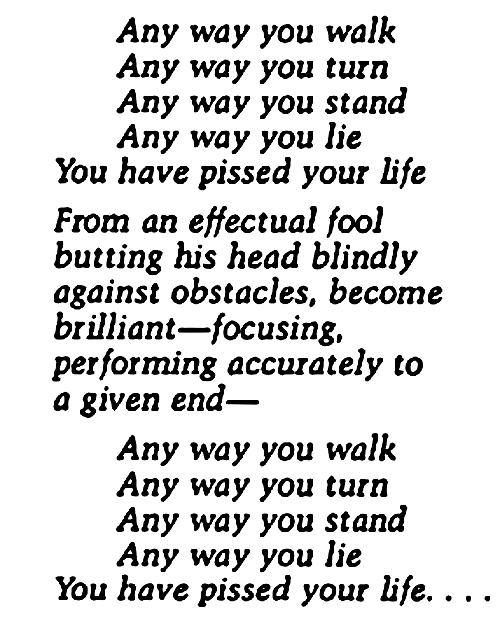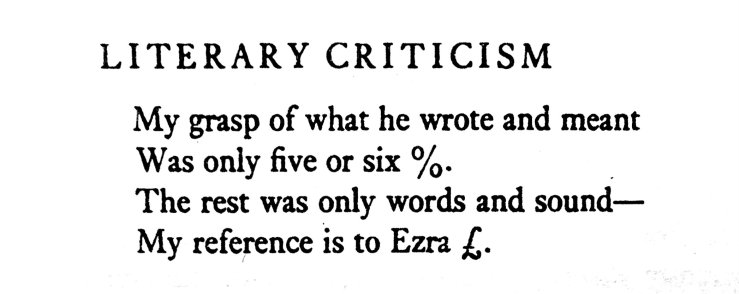The teacher or lecturer is a danger. He very seldom recognizes his nature or his position. The lecturer is a man who must talk for an hour.
France may possibly have acquired the intellectual leadership of Europe when their academic period was cut down to forty minutes.
I also have lectured. The lecturer’s first problem is to have enough words to fill forty or sixty minutes. The professor is paid for his time, his results are almost impossible to estimate.
The man who really knows can tell all that is transmissible in a very few words. The economic problem of the teacher (of violin or of language or of anything else) is how to string it out so as to be paid for more lessons.
Be as honest as you like, but the danger is there even when one knows it. I have felt the chill even in this brief booklet. In pure good will, but because one must make a rough estimate, the publishers sent me a contract: 40,000 to 50,000 words. I may run over it, but it introduces a ‘factor’, a component of error, a distraction from the true problem.
What is the simplest possible statement?
From ABC of Reading by Ezra Pound





